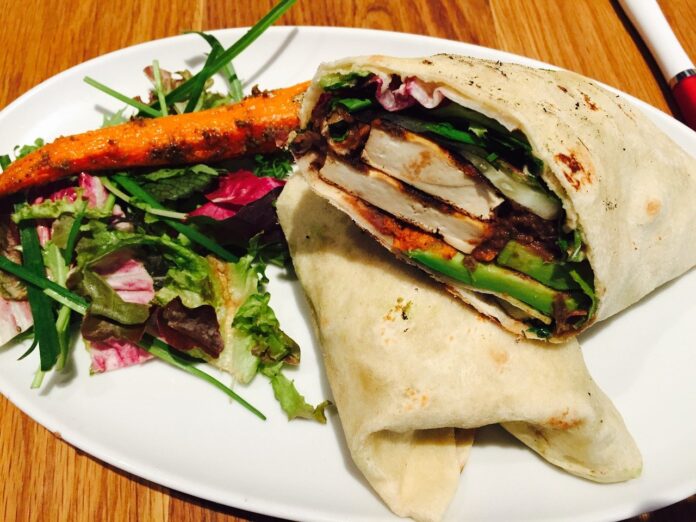A few weeks after Unilever announced its mammoth plant-based sales target, world’s largest food company Nestle too has revealed its plan to shift towards a more plant-based strategy in coming years. The Swiss conglomerate had recently unveiled its Net Zero Roadmap stating that it will invest 3.2 bn swiss francs (USD 3.6 billion) over the next five years in an effort to fight climate change. The strategy includes a range of steps including regenerative agriculture, renewable energy, sustainable dairy practices and a move towards plant-based product portfolio.
Net zero emissions are achieved when anthropogenic emissions of GHGs to the atmosphere are balanced by anthropogenic removals over a specified period. T
Nestle said in the roadmap document, “Using our R&D experience and resources, we are accelerating innovation and making our portfolio fit for the future. Trends show growing consumer demand for low-carbon products such as plantbased foods and drinks. Our core strategy is in line with this shift and that means engaging the one billion consumers a day who buy our products by offering more foods and beverages that are good for them and good for the planet.”



“We will lower the environmental impact of our recipes. Our process of constant improvement is our competitive advantage, reducing our environmental footprint while continuing to contribute to healthy and nutritious diets. It is crucial that we educate our employees about climate change and provide them with the knowledge, skills and tools they need to make informed decisions around product development. We will help our portfolio and product managers incorporate GHG emissions information more effectively into their decision-making, including selecting which ingredients to use and continuously improving our ecodesign tools used in R&D.”
In order to support this, Nestle stated that it will make more “environmental impact data about ingredient supply chains available at the product level.”
Last month, Unilever too had announced its ‘Future Foods’ ambition with two key objectives: to help people transition towards healthier diets and to help reduce the environmental impact of the global food chain. It announced a new annual global sales target of €1 billion from plant-based meat and dairy alternatives, within the next five to seven years. IKEA had also unveiled its food commitments in which it stated that by 2025, 50% of main meals offered in IKEA restaurants will be plant-based and 80% will be non-red meat. They also state that 80% of all packaged food offered will be plant-based and 80% of all main meals offered in the restaurants will fulfil the IKEA Balanced Meal norm for healthier food.


